What is a Sales Tax License & How to Apply For It?

Most states require business owners to collect sales tax when selling taxable items or taxable services. However, there’s a way to do it compliantly.
Businesses must apply for a sales tax license, but the tricky part is that you may have to apply for multiple sales tax licenses across multiple states to avoid penalties.
This post will cover what a sales tax license is, why you’d need one, and how to apply for it so that you can sell taxable goods and services lawfully.
Here’s What We’ll Cover:
What about Multi-State Businesses or Online Sellers?
Do Business to Business Transactions Qualify for Sales Tax Exemption
How to Apply For a Sales Tax License
What’s the Difference between a Sales Tax Certificate of Authority and a Resale Certificate?
Selling Taxable Goods and Services Compliantly
More Resources on Small Business Accounting
What is a Sales Tax License?
For a business to compliantly collect sales tax on taxable transactions, they must apply for a sales tax license, also called a sales tax certificate of authority, from the state’s Department of Revenue. Executing a taxable transaction without a certificate of authority can result in hefty penalties.
The correct sales tax rates vary slightly from state to state and in some cases, by the type of business. For example, the retail sales tax rate in California is 7.25% while Florida’s sales tax rate is 6%. Also, Florida’s 6% rate is lower for certain types of business, such as on amusement machine receipts (4% rate). Additionally, there can even be differing county sales tax rates within a state.

What about Multi-State Businesses or Online Sellers?
Interstate commerce is subject to sales taxes if the seller has a physical presence or economic nexus in the specific state.
Each state also has specific state requirements surrounding what’s considered taxable and regarding what’s considered nexus in their state.
Here’s a list of business activities that typically establish physical presence nexus:
- Having a physical location that’s temporary or permanent
- Having a salesperson or inventory in the state
- Renting or leasing tangible personal property like motor vehicles or real property within the state
- Services resulting in the creation of a tangible personal property that’ll be sold
Before 2018’s South Dakota v. Wayfair Supreme Court decision, businesses only had to pay sales taxes in states where they had a physical presence.
Now, because of the popularity of marketplace sellers and marketplace facilitators, businesses have to collect sales tax in another state even if they don’t have a physical presence but meet certain economic conditions. Generally, a remote seller with a revenue of $100,000 in the state or more than 200 annual sales transactions in the state creates economic nexus, but this amount also varies by state.
Each state has a website that explains more about what business activity or products require a sales tax license in their state.
Do Business to Business Transactions Qualify for Sales Tax Exemption
Certain business purchases are tax-exempt when the buyer has a sales tax exemption certificate. For example, businesses with a valid resale certificate that buy from wholesalers or vendors with the intention of reselling are usually exempt from sales taxes at the time of purchase. A resale exemption exists because the products will eventually go to an end consumer and these latter transactions are the ones that’ll be subject to sales tax.
How to Apply For a Sales Tax License
To become a sales tax vendor, you can generally apply using an online registration system. Go to the specific state’s website to find the online application. You’ll generally need to apply for a separate permit for each additional business location, even if the additional locations are within the same state. Some states have temporary permits for those participating in events like a flea market, whereas some states don’t, so be sure to select the right permit.
You’ll generally need the following to complete the registration for sales tax permits:
- Social security number
- Business details such as business address and business telephone number
- Driver license
- Federal employer identification number (not necessary for sole proprietors with no employees)
- Contact information, like mailing address, for whoever maintains your books
- Name and addresses of your suppliers
- Monthly sales projection and taxable sales projection
- A security deposit to cover unpaid taxes
Important Considerations
As a permit holder for a state, you’ll need to complete sales tax returns in the state as long as the business entity still exists and you haven’t closed your permit, even if you don’t make one sale in the given state during the year. There are a few exceptions because some states require annual license renewal. The tax return forms you need to file are different from state to state.
You must also ensure you promptly remit and report sales tax to the relevant Department of Revenue office.

What’s the Difference between a Sales Tax Certificate of Authority and a Resale Certificate?
A sales tax certificate of authority allows you to sell taxable items and collect sales tax, whereas a resale certificate allows businesses to be exempt from sales tax for certain purchases when they intend to resell the products. To get a valid resale certificate, you first need a sales tax identification number.
Selling Taxable Goods and Services Compliantly
It’s important to double-check the sales tax requirements of your state and any state you sell to. Rules vary widely and you want to make sure you’re staying compliant to avoid any surprises.
You also want to ensure you’re remitting the correct amount to the right Department of Revenue. It’s easy to collect, manage, and review sales taxes using FreshBooks.
More Resources on Small Business Accounting
RELATED ARTICLES

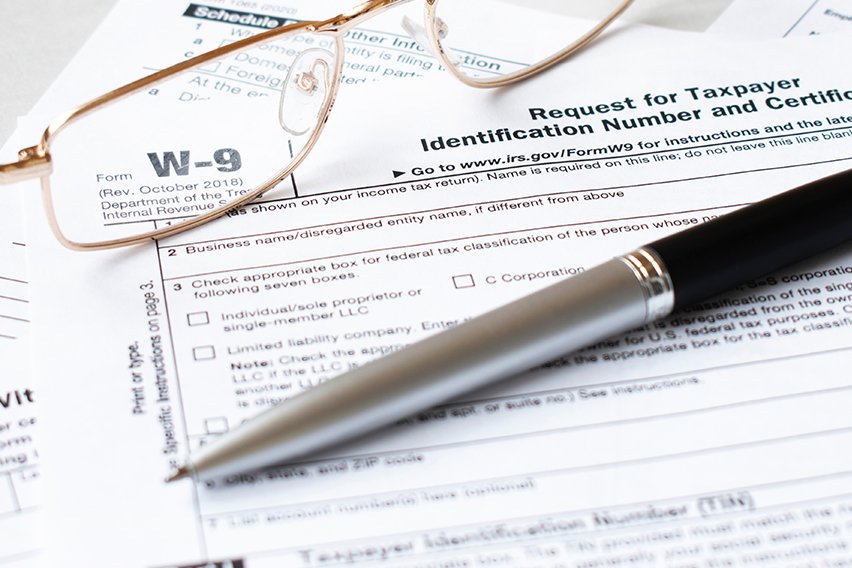 Why Would a Vendor Request a W9 Form?
Why Would a Vendor Request a W9 Form?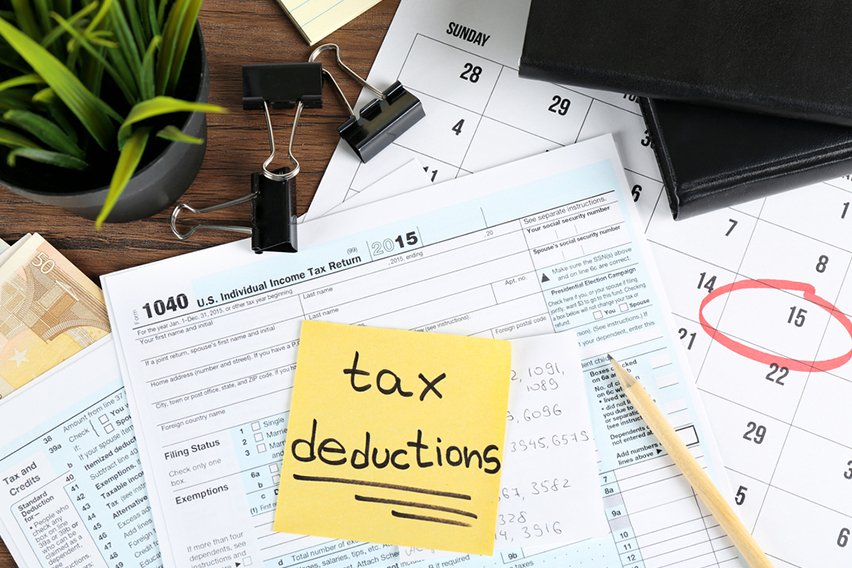 List of Common Tax Deductions for Owner Operator Truck Drivers
List of Common Tax Deductions for Owner Operator Truck Drivers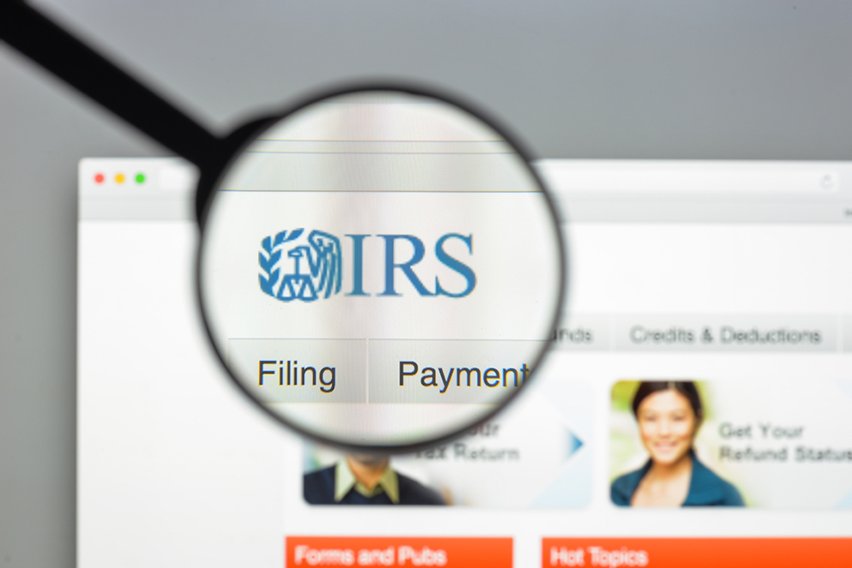 What Are IRS Meal Allowances Per Diem Rates for Tax Payers
What Are IRS Meal Allowances Per Diem Rates for Tax Payers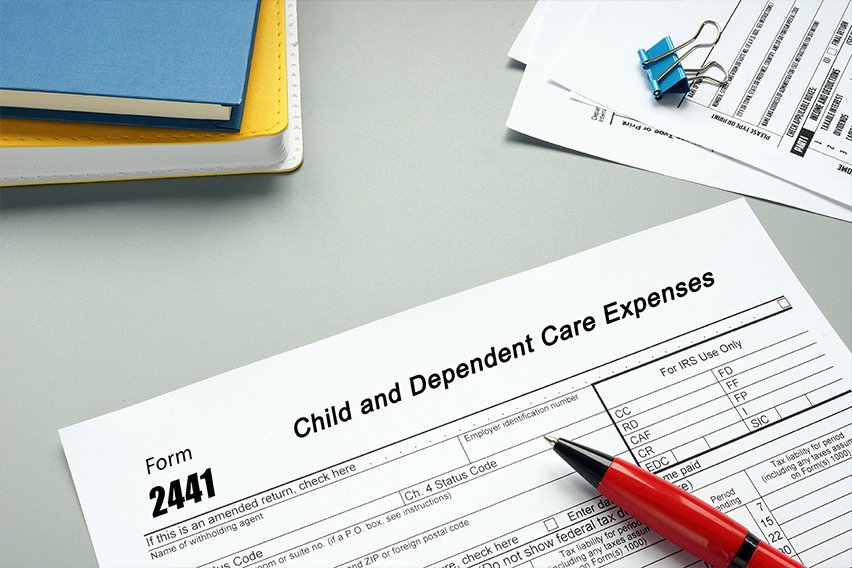 What’s a Dependent? Definition & Tax Tips
What’s a Dependent? Definition & Tax Tips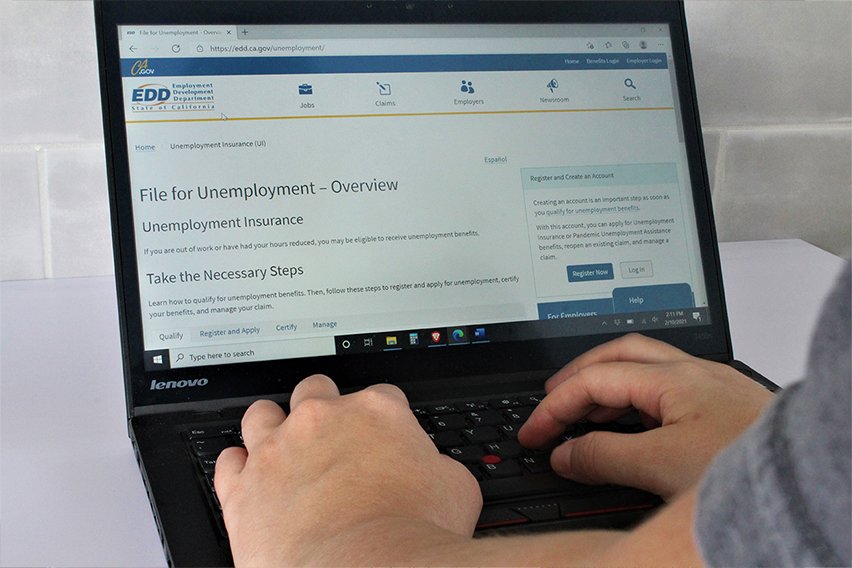 What Is SUI (State Unemployment Insurance) Tax Rate?
What Is SUI (State Unemployment Insurance) Tax Rate?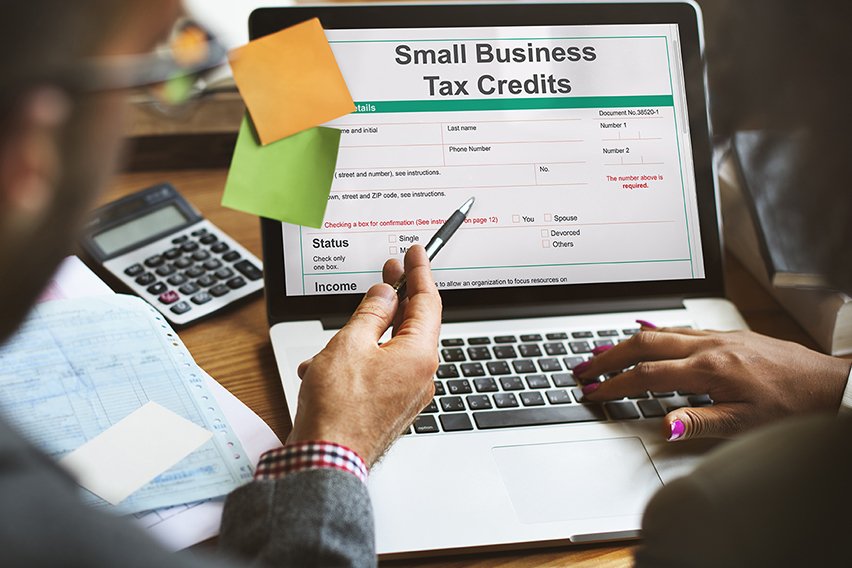 Small Business Tax Forms: The Complete List
Small Business Tax Forms: The Complete List